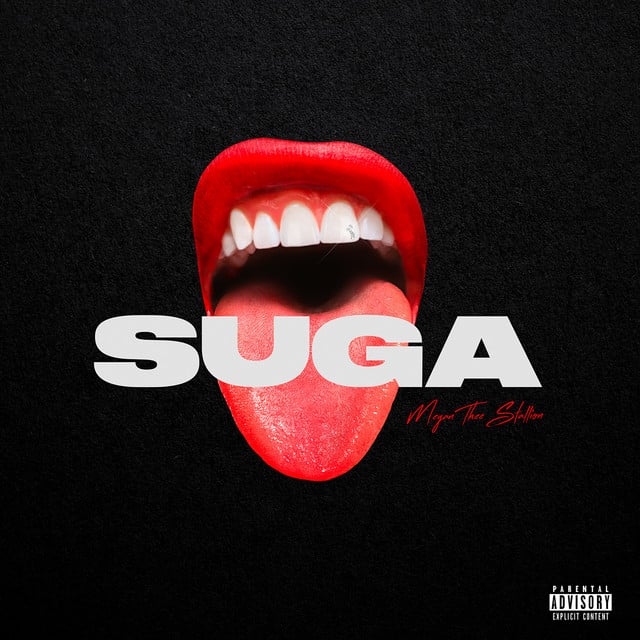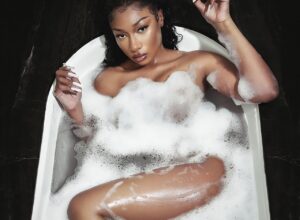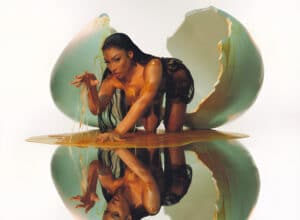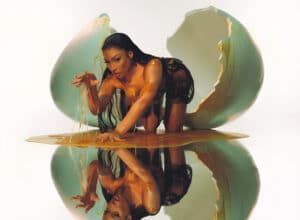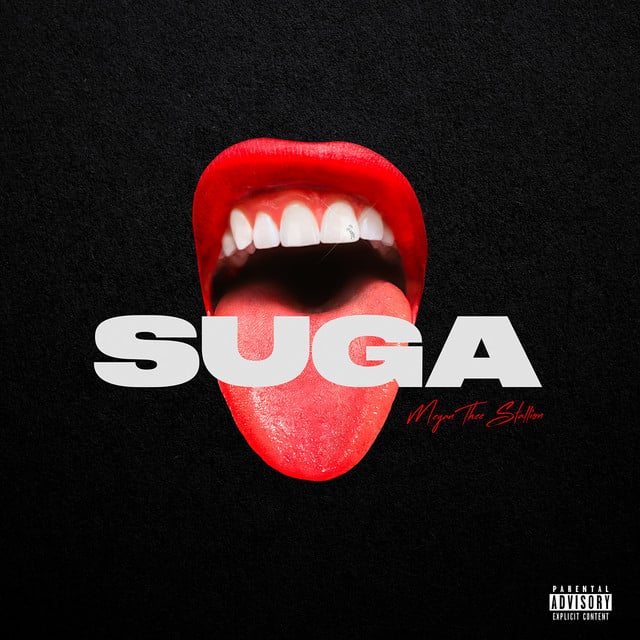Released: 2020
At its core, “Savage” by Megan Thee Stallion is a fierce anthem of self-affirmation and female power. The song rides roughshod over the traditionally male-dominated nature of hip-hop as Megan lyrically flaunts her independence, her sensuality, and her untamed attitude.
Breaking down the first verse, Megan nods to her uncompromising essence as she calls herself “that bitch”, a term reclaimed in hip-hop as a powerful and assertive woman. She’s the “hood Mona Lisa,” a metaphor for her iconic status and allure. The pizza line comes as a testament of her shedding the bad influences, “cheesy niggas,” just as easily as one slices off a pizza piece. The verse is filled with assertions of her individuality and independence, even in her relationships. The ‘maid’ line isn’t so much a jab, as much as it is asserting her dominance – the guy she dumped is someone else’s catch now.
The chorus is a blend of identity markers – “savage, classy, bougie, ratchet, sassy, moody, nasty,” showing off the multifaceted, unapologetic, renditions of herself. The repeated phrase “what’s happening” has a dual connotation – it’s both a challenge to her detractors and a wake-up call to listen up.
The second verse emphasizes her financial independence, hinting at maintaining personal relationships with discretion. If the beef ain’t about money, consider Megan unbothered. She’s “the shit,” thriving in success, symbolized by her ‘drip’ – slang for a distinctive, impressive style.
The final verse sees Megan standing proud in her sexuality – her confidence making others feel ‘attacked.’ She’s warning others not to get hoodwinked, and boldly positions herself as the one in control. She ends the verse with the declaration “Niggas say I taste like sugar, but ain’t shit sweet,” contrasting the stereotypical expectation of sweetness with the real, unsweetened rawness of her persona.
From start to finish, “Savage” is an empowering narrative of knowing who you are and standing your ground. Megan Thee Stallion isn’t afraid to re-define boundaries in a genre that often marginalized women. Instead, she’s tearing down gender stereotypes hook, line, and sinker.
